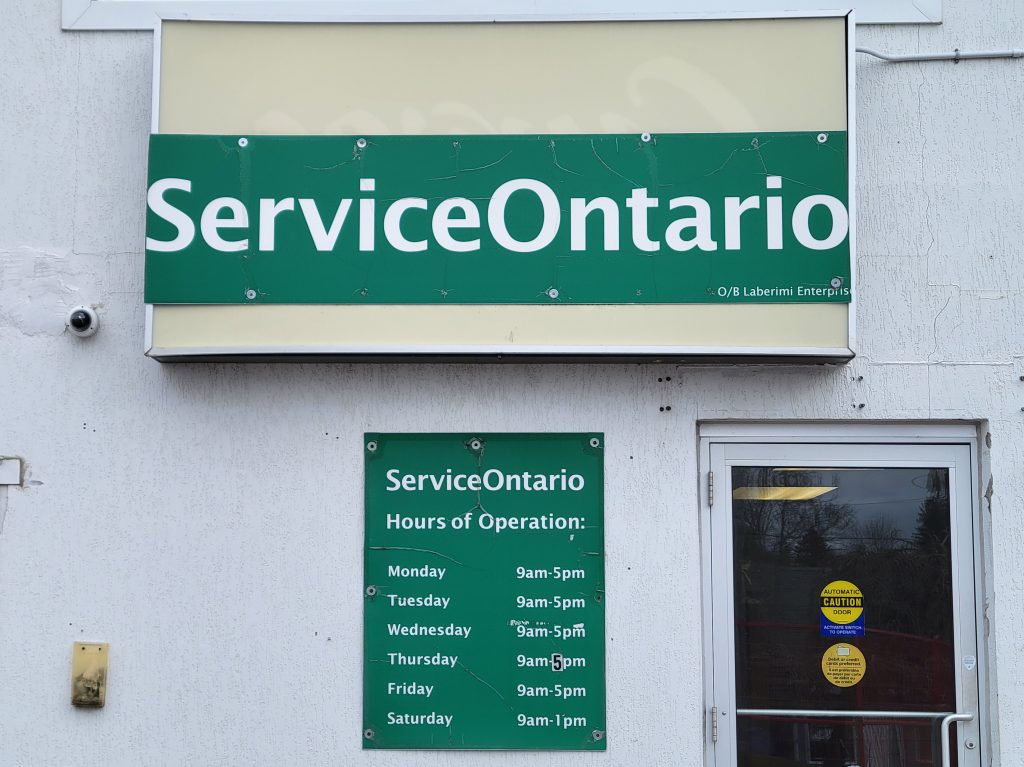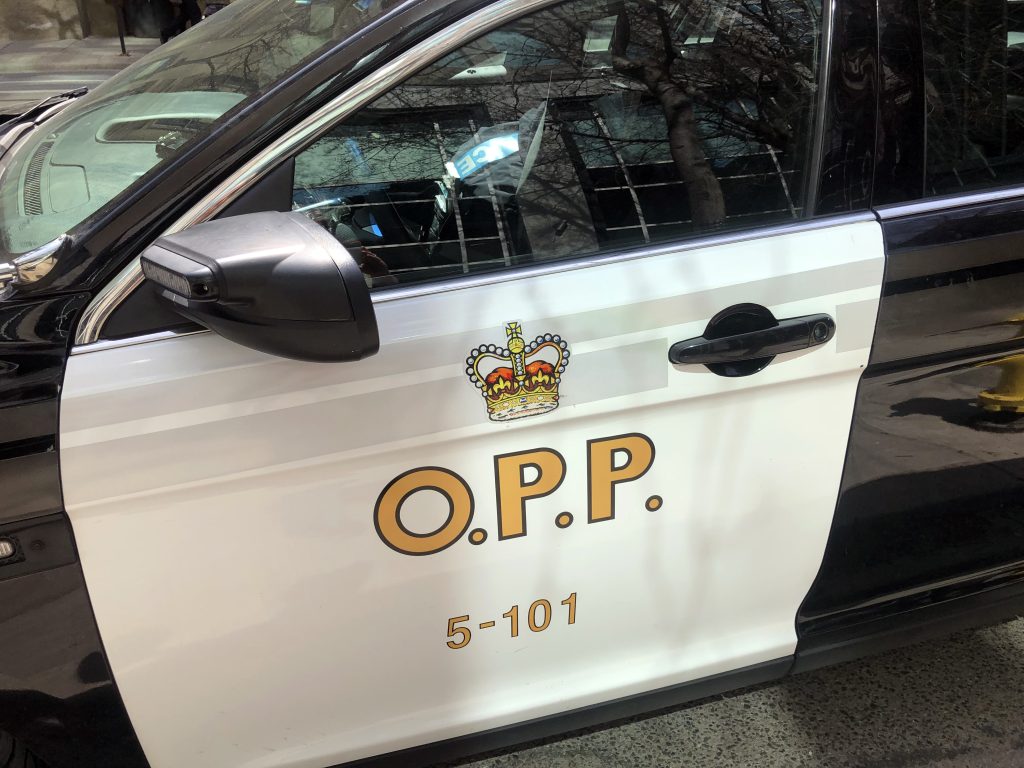An Ontario driver, Bizhiki Neebowid, also known as Jason Henry, has expressed how taking the driver's license test in his mother tongue, Ojibwe, has been a significant achievement in reclaiming his cultural heritage. For years, Neebowid had requested the opportunity to take the test in Ojibwe, a language he is working to reclaim following years of cultural suppression.
Neebowid recounted how he would consistently indicate his preference for the Anishinaabe or Ojibwe language when asked about his language of choice. Unfortunately, he would only receive responses indicating that the test could not be offered in his preferred language. As a truck driver, Neebowid holds a commercial license which mandates him to take a written test every five years. During his last test, he learned that he could finally take it in his mother tongue.
“I was so surprised when they said, ‘You can take it in Ojibwe, Oji-Cree, or Cree, and my jaw hit the floor. The guy said to me, ‘It’s $23 if you fail,’ and I was like out of principle, I’m going to keep spending my $23 until I can pass this test,” Neebowid remarked. To his delight, he passed the test on his first attempt.
A spokesperson for the Ministry of Transportation confirmed that the written knowledge tests are available in up to 31 languages, with Ojibwe, Cree, and Oji-Cree being accessible since 2021. Neebowid emphasized the importance of language as a means of identity. He stated, "The more that I learn, the more I come to understand that if you think English first, you’ll just be in that culture and that identity. And the more that you can think Anishinaabe, the more you can understand how our ancestors came to understand life and existence and the world around us. It’s all built into our language.”
Historically, Indigenous children were prohibited from speaking their languages in residential schools, leading to the loss of cultural heritage across generations. Today, children of residential school survivors are working to reclaim these languages. Lena Recollet, the Anishinaabemowin Program Manager at the Native Canadian Centre of Toronto, noted, “The Elders there were always telling us no matter how much we learn the culture, we’re not going to know the culture until we learn the language.”
The representation of Indigenous languages in mainstream society remains limited, making the ability to engage in any task in one's own language incredibly significant. Recollet added, “That’s something they really told us, that it’s our responsibility to carry on the language, and also the teachings and to learn the way.”
Neebowid’s journey reflects a broader trend of cultural revitalization as he emphasizes the significance of knowing one’s identity. Inspired by the teachings of elders regarding the importance of knowing who he is, Neebowid began learning Ojibwe at a young age. He has continued his education and is now dedicated to teaching the next generation.












